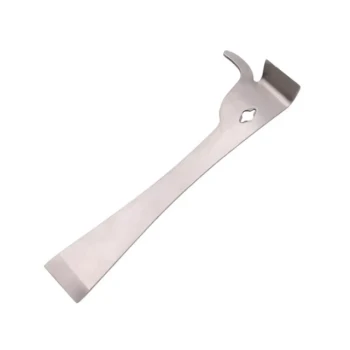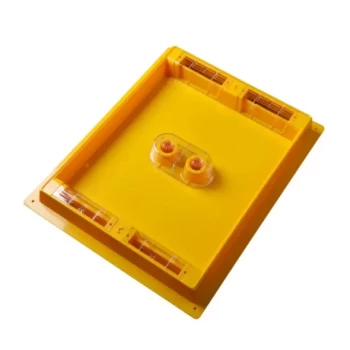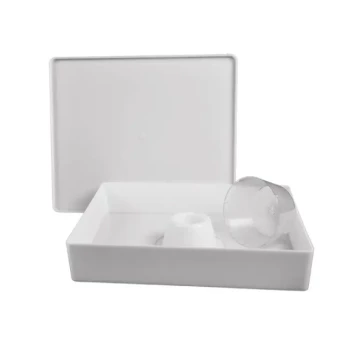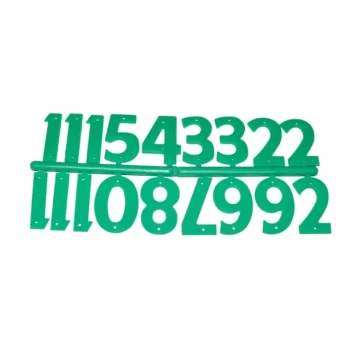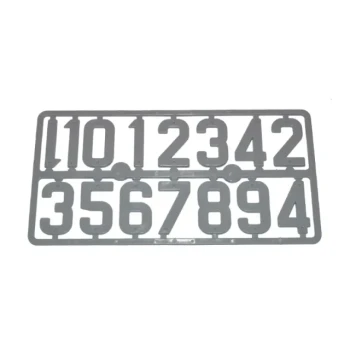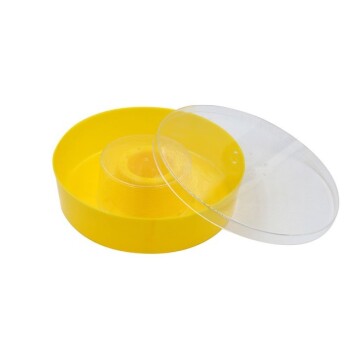When all your bees successfully survive the winter, you have several valuable options for your extra nucleus colonies (nucs). The most common choices are to sell them for profit, use them to expand your own apiary, or hold them as a resource for strengthening other hives throughout the season. This situation is a clear indicator of successful hive management and should be viewed as an opportunity, not a problem.
High winter survival rates shift your focus from mere colony survival to strategic apiary growth. Your surplus nucs are not a logistical burden, but a valuable asset that can be leveraged for income, expansion, or strengthening the genetic resilience of your entire operation.
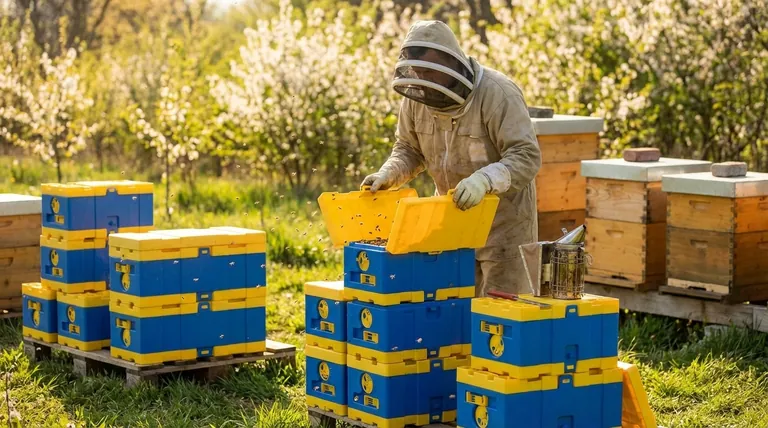
From Survival to Surplus: The Mark of a Healthy Apiary
Achieving high survival rates is the direct result of diligent preparation. Your success means you have effectively managed the key challenges of the off-season.
Acknowledging Successful Overwintering
Your surplus of bees is proof that your winterization strategy worked. This includes proper fall feeding with sugar syrup, ensuring adequate ventilation with an upper entrance, and using insulation or hive wraps to protect against wind and cold.
By successfully controlling moisture, providing enough food stores, and protecting the colony from pests and the elements, you have created strong, viable bees ready for the spring.
Why a Surplus Nuc is a Valuable Asset
A nuc that has successfully overwintered is a premium product. It contains a proven queen who has demonstrated her ability to lead a colony through the harshest part of the year.
These bees are acclimatized to your local environment and have established brood, making them far more robust than a newly created spring nuc or a package of bees. This makes them highly desirable to other beekeepers.
Strategic Options for Your Surplus Nucs
With this valuable asset in hand, you have four primary strategic paths you can take. Each serves a different long-term goal for your apiary.
Option 1: Sell Your Nucs for Profit
Selling surplus nucs is the most direct way to generate income from your beekeeping efforts. Demand for overwintered nucs is highest in early spring as new and established beekeepers look to start or expand their own apiaries.
You can market them through local beekeeping clubs, online forums, or social media groups. Their proven hardiness often commands a higher price than standard spring nucs.
Option 2: Expand Your Own Apiary
If your goal is growth, your surplus nucs are the perfect resource. You can transfer each nuc into a full-sized 10-frame hive box.
This allows you to rapidly increase your number of production colonies, leading to a larger honey harvest or a greater capacity for pollination contracts in the future.
Option 3: Requeen Underperforming Hives
An overwintered nuc contains a high-quality, proven queen. This makes the nuc an excellent resource for improving the genetics of your entire apiary.
If you have a larger, established hive with an aging or failing queen, you can use the queen from the nuc to requeen it. This infuses the hive with strong, winter-hardy genetics and can dramatically improve its productivity and demeanor.
Option 4: Create a Resource "Bank"
You can choose to maintain the extra nucs as they are throughout the season. These "banked" nucs act as a powerful insurance policy.
If one of your main production hives swarms, fails, or becomes queenless for any reason, you have a complete, ready-to-go colony to replace it or bolster its numbers, saving you from a total loss.
Understanding the Trade-offs
Each strategy comes with its own set of considerations. Being objective about these trade-offs is key to making the right decision for your specific goals.
Selling: Income vs. Slower Growth
Selling your nucs provides immediate financial returns. However, it means you are giving away the potential for future honey production and apiary expansion. You are essentially trading long-term growth for short-term cash.
Expanding: Growth vs. Increased Costs and Labor
Using nucs to expand your apiary multiplies your potential for honey, but it also multiplies your workload and expenses. You will need more hive equipment, more space, and more time for inspections and management.
Requeening: Genetic Gain vs. Sacrificing a Colony
Using a nuc to requeen a larger hive is a smart genetic move, but you sacrifice the potential for that nuc to become a full production hive itself. You are investing its potential into an existing colony.
Making the Right Choice for Your Apiary
Your decision should align directly with your primary beekeeping objective for the year.
- If your primary focus is generating income: Selling your overwintered nucs in early spring is the most direct path to capitalizing on your success.
- If your primary focus is rapid apiary growth: Use the nucs to establish new production hives and expand your operational footprint.
- If your primary focus is sustainability and risk management: Keep the nucs as a resource for requeening or as a backup against summer hive losses.
Ultimately, having a surplus of bees is the best problem a beekeeper can face, representing a new chapter of growth and opportunity for your apiary.
Summary Table:
| Option | Primary Goal | Key Benefit |
|---|---|---|
| Sell for Profit | Generate Income | Immediate financial return on successful overwintering. |
| Expand Your Apiary | Rapid Growth | Quickly increase your number of production colonies. |
| Requeen Hives | Genetic Improvement | Strengthen weaker hives with a proven, hardy queen. |
| Create a Resource Bank | Risk Management | Have a ready backup for summer losses or queen issues. |
Ready to build a more resilient and profitable apiary?
Your success in overwintering is just the beginning. At HONESTBEE, we supply commercial apiaries and beekeeping equipment distributors with the high-quality, durable supplies needed to capitalize on that success—whether you're expanding your operation, managing surplus nucs, or preparing for the next season.
Let us help you turn your winter victory into year-round growth. Contact our wholesale experts today to discuss your equipment needs and strategic goals.
Visual Guide
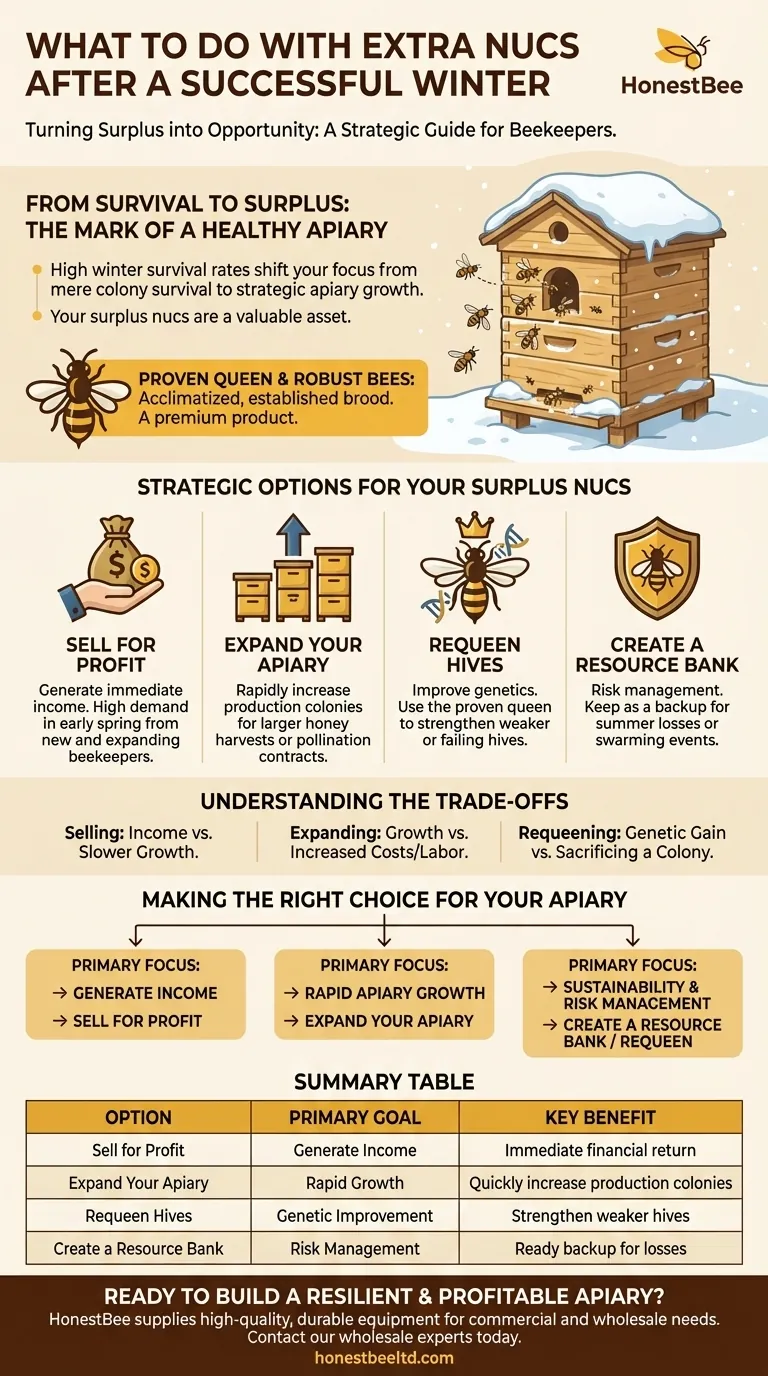
Related Products
- 4 Frame Plastic Nuc Boxes for Beekeeping Bee Nuc Box
- Professional Insulated Winter Hive Wrap for Beekeeping
- Professional Hive Front Entrance Bee Feeder
- Black Plastic Beetle Barn Hive Beetle Trap for Beehives
- Boardman Entrance Bee Feeder Durable Galvanized Steel and Wood Construction for Beekeeping
People Also Ask
- What are the immediate steps for installing a bee nuc upon arrival? Tips for Colony Success
- What technical conveniences do mini nucleus hives provide? Streamline Bee Behavioral Observation and Data Collection
- What is the function of nucleus (nuc) boxes in commercial beekeeping? Scale Your Apiary with Strategic Asset Management
- What is the step-by-step process for transferring a nucleus colony into a new hive? A Guide to Nuc Success
- What is a flexible method for creating a nucleus hive? Master Split Management with Standard Equipment






